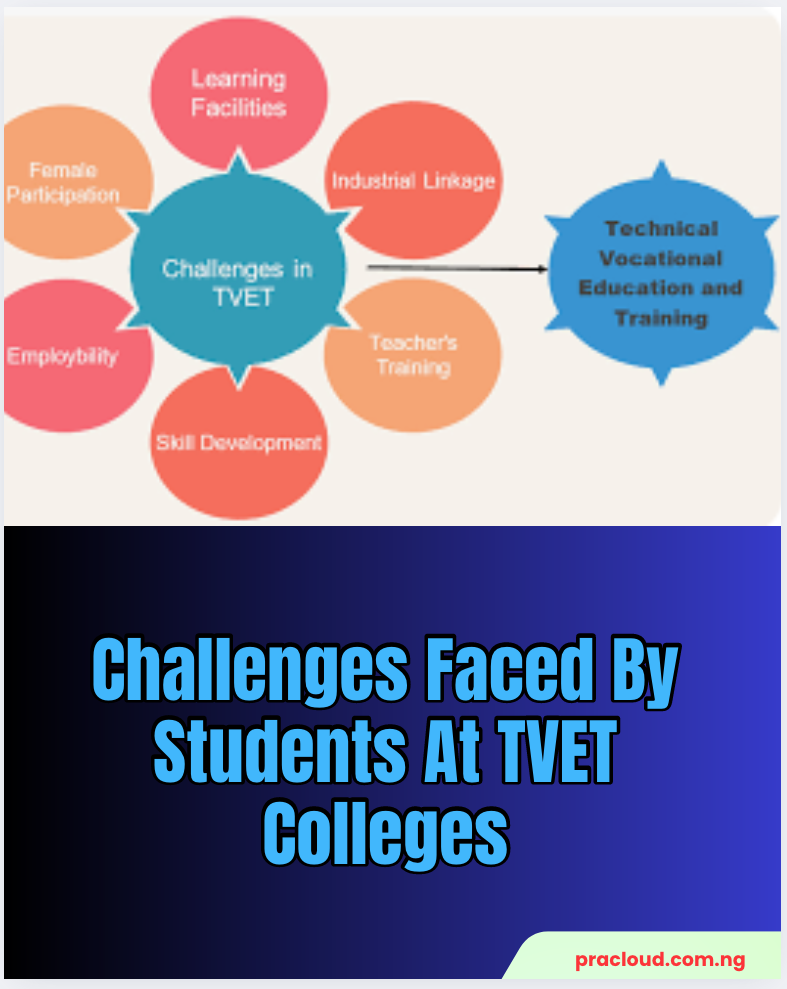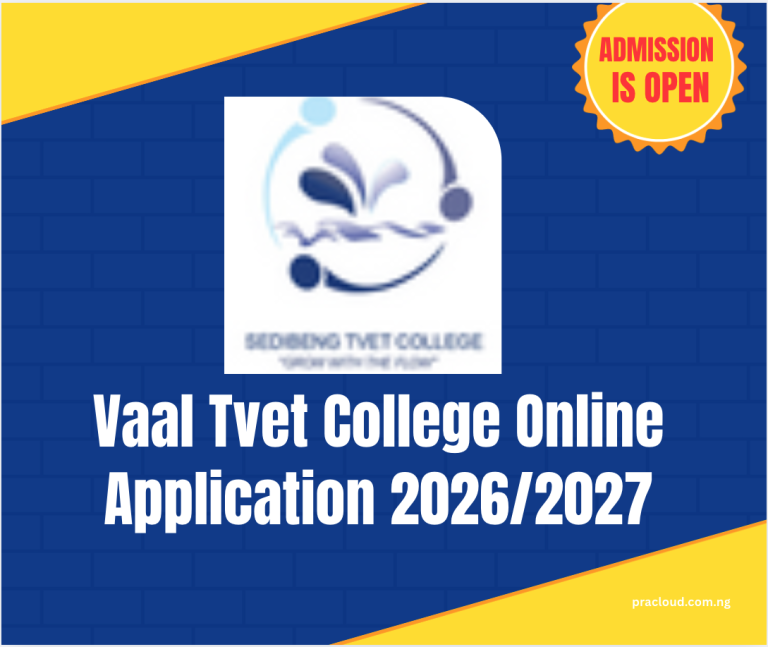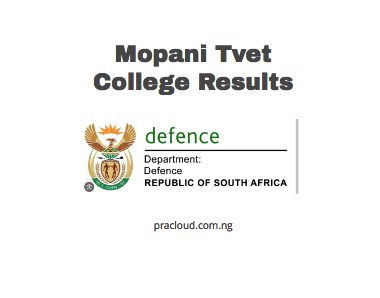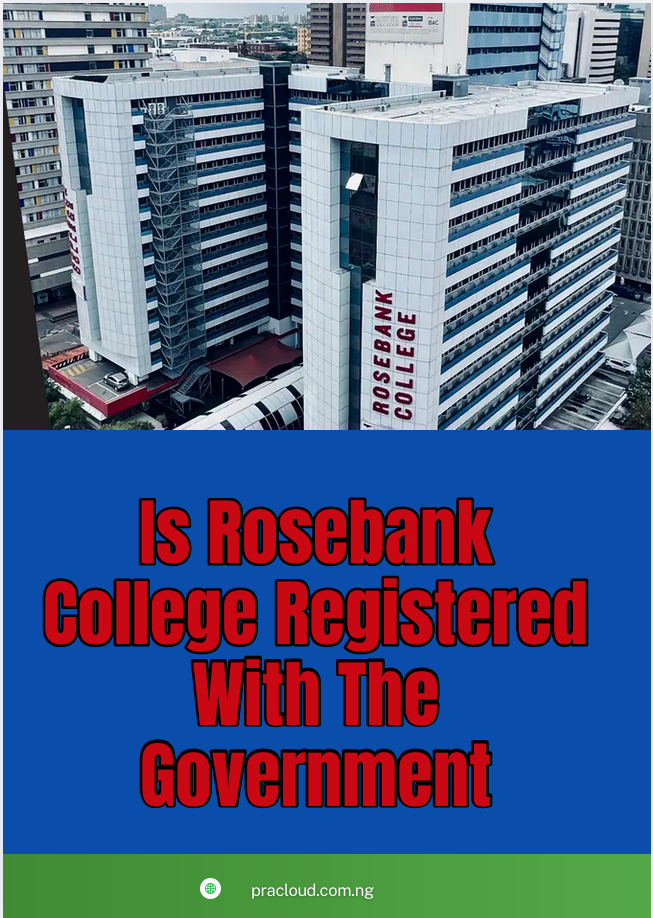Challenges Faced By Students At Tvet Colleges
Challenges Faced By Students At TVET Colleges
Challenges Faced By Students At TVET Colleges
Academic and Financial Challenges at TVET Colleges: What Students Need to Know:
TVET (Technical and Vocational Education and Training) colleges play a key role in preparing South African students with practical skills for the job market. These institutions are designed to equip learners with industry-focused knowledge that supports economic growth and provides alternative pathways for those who may not pursue a traditional university education. However, while TVET colleges offer valuable opportunities, many students encounter challenges that can affect their studies and overall success. Understanding these challenges is important for both prospective students and policymakers working to improve the system.
One of the most common challenges faced by students at TVET colleges is financial difficulty. Even though many learners may qualify for NSFAS funding, not all expenses are covered, which makes it difficult for students to manage transport, accommodation, and other study-related costs. Another issue is limited resources and infrastructure, where some campuses may not have up-to-date equipment or enough learning materials, which can affect the quality of training.
Students also face challenges with academic preparedness, especially those who enter with weaker educational backgrounds and struggle to keep up with demanding coursework. High dropout rates are often linked to these struggles, combined with personal responsibilities and the need to balance work and study. In addition, career uncertainty and job placement after completing courses can be a concern, as not all graduates can immediately find employment in their field.
Despite these challenges, TVET colleges remain an essential part of South Africa’s education system. By addressing financial, academic, and resource-related issues, these institutions can better support students and strengthen their role in creating a skilled workforce.
Challenges Faced By Students At TVET Colleges And Their Solutions
Below are the challenges at TVET Colleges and their solutions:
CHALLENGE:
- The current South African TVET system is a jumbled mess of overlapping and competing programs and qualifications, and underdeveloped programs.
SOLUTION:
- Merge upper secondary vocational programs into two main tracks – school and work-based track; meet the needs of adult learners, develop second chance programs; promote the development of post-metric diplomas and certificates; improve pathways from initial vocational to academic programs.
CHALLENGE:
- Present TVET programs are not responsive enough to the current labour market.
SOLUTION:
- Make workplace learning a requirement for vocational programs; develop a strategic organization to coordinate vocational provision; establish flexibility in a section of the curriculum that may be altered by training providers; invest in improved data, particularly on labour market outcomes.
CHALLENGE:
- Inadequate lecturers’ abilities and qualifications, as well as the need to strengthen college leaders’ professional preparations.
SOLUTION:
- Strengthen these lecturers’ professional preparation, paying special attention to the balance of teaching skills and workplace experience. Also, ensure more systematic training for prospective and current college leaders to support effective college leadership.
CHALLENGE:
- Currently, TVET colleges provide limited support for students who are having academic challenges, and this is due to a lack of incentives at the institutions to encourage completion.
SOLUTION:
- Support acceptable reading and numeracy levels; guarantee adequate completion incentives for both institutions and students, and underpin progression pathways with high-quality career guidance.
Involving the community as active participants in TVET
- It is essential to remember that to grow a nation’s economy and society in different Developing Countries, two-thirds of the population in most Developing Countries work in jobs that demand a skill level that is usually linked with vocational education and training.
It has always been difficult to persuade parents, the community, and stakeholders that vocational education is a poor substitute for academic education. People often think of TVET as a form of education and training for individuals who have failed in society.
Systematic Instructor/Trainer/Teacher Professional Development
- In terms of systematic professional development of instructors, trainers, and teachers, TVET in developing countries has numerous problems.
- Instructors, trainers, and teachers face challenges in learning how to use new technologies and staying current with teaching approaches in a variety of vocational training programs.
- When dealing with TVET Quality Assurance as one of the primary objectives for TVET Reform in Developing Countries, this is one of the most significant topics to address.
Encouraging Lifelong Learning and Continuing TVET:
- In developing countries, developing truly coherent and comprehensive ongoing TVET and lifelong learning methods is a difficulty. Such ideas should be actively encouraged, and actions should be devised at all levels of ongoing TVET and lifelong learning.
Tvet Colleges Contact Details
- Visit: 123 Francis Baard Street, Pretoria, South Africa
- Private Bag X174, Pretoria, 0001
- Contact Details: 0800 87 2222/+ 27 12 312 5911
- Email: callcentre@dhet.gov.za
Students at TVET colleges in South Africa face a range of challenges, including financial constraints, limited resources, academic difficulties, and uncertainty about future employment. Despite these obstacles, TVET colleges remain a crucial pathway for skills development and career readiness. By addressing these challenges through better funding, improved infrastructure, and enhanced student support services, learners can thrive and successfully transition into the workforce. Visit The Official Website Of TVET College For More.
RELATED LINKS:






